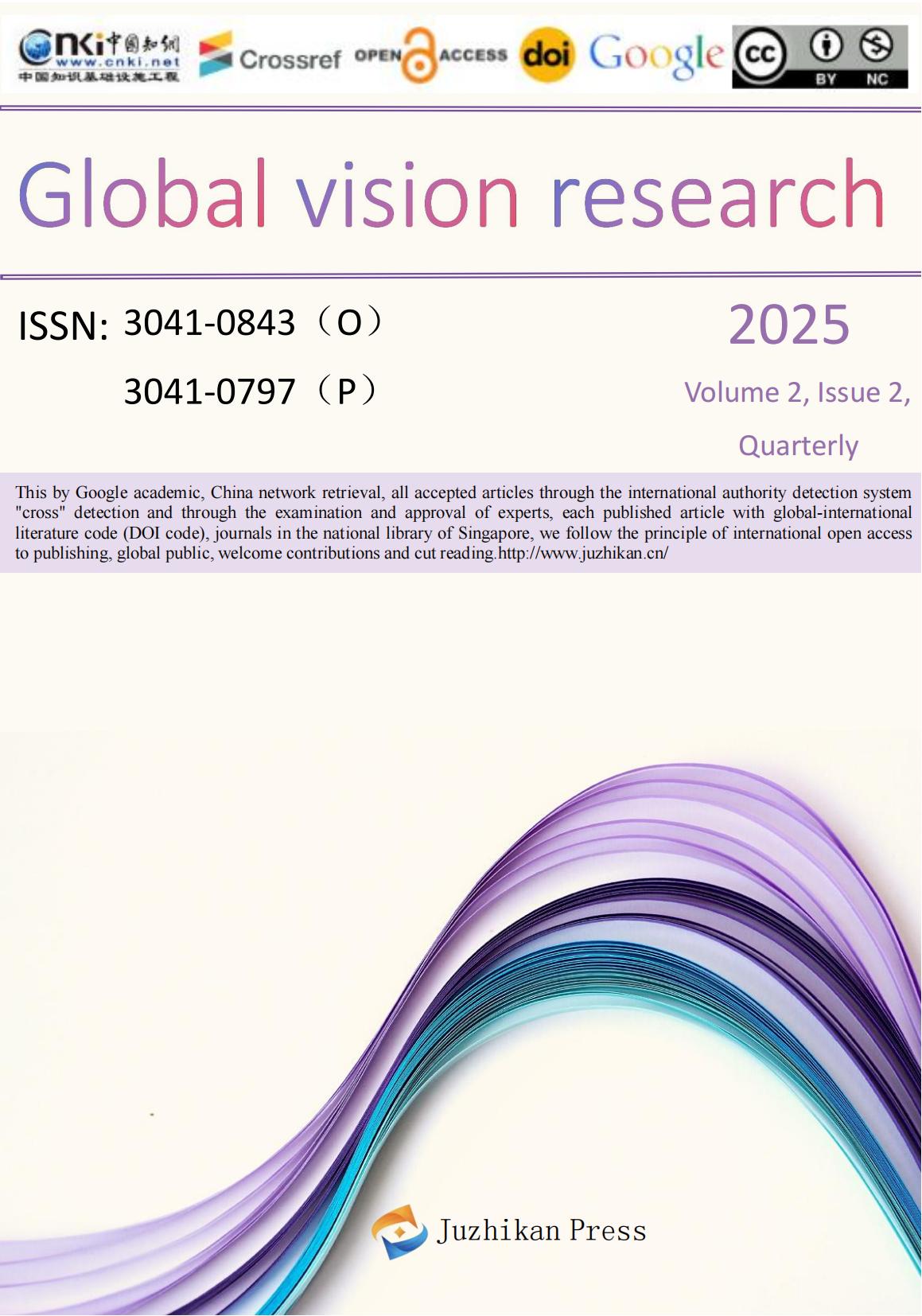
 info@juzhikan.asia
info@juzhikan.asia
 info@juzhikan.asia
info@juzhikan.asia
A Case Study on Generative AI-empowered Teaching of Vietnamese as a Foreign Language
Nguyen Thu Quynh1 Cai Chenglong2 Pham Nguyen Trieu Huy3
1.Thai Nguyen University of Education, Thai Nguyen, Vietnam, 24000;
2.Beibu Gulf University, Qinzhou, China, 535011;
3.Thai Nguyen University of Education, Thai Nguyen, Vietnam, 24000;
Abstract: This study aims to explore the potential applications of generative artificial intelligence (Generative AI - Gen AI) in enhancing the effectiveness of teaching Vietnamese for foreigners. The research methods employed include experimental design to create study samples (lessons, assessment tests) using various Gen AI tools, a combination of quantitative and qualitative methods to survey learner feedback, and an analysis of the effectiveness of selected Gen AI tools in Vietnamese language teaching. The results demonstrate the efficacy of using Gen AI tools combined with the SCAMPER model to develop ideas and contents for teaching Vietnamese as a foreign language, automating lesson planning, creating multimedia materials, and building a system for assessing Vietnamese language proficiency. Based on these findings, the study proposes a process for integrating Gen AI into teaching Vietnamese for foreigners, with an initial application scope at Thai Nguyen University of Education.
Keywords: Generative AI; Vietnamese as a foreign language; teaching Vietnamese; Vietnamese proficiency; SCAMPER technique
References
[1]Ministry of Education and Training (2023), Report on the situation of digital transformation in Vietnamese higher education in 2023, Education Publishing House, Hanoi.
[2]British Council (2023), EdTech Labs: Integrating SCAMPER with Gen AI for second language conversation practice, British Council.
[3]Chen, Y. & Li, M. (2021), AI-Driven Assessment in Language Education, Journal of Educational Technology Research, Vol. 38 (2), Educational Technology Press, Beijing.
[4]Eberle, Bob (1996), Creative Teaching with SCAMPER, Dandy Lion Publications, USA.
[5]Gartner (2024), Global EdTech AI Market Forecast 2024–2027, Gartner Research Publications, New York.
[6]Gustavo, A., Silva, M., & Lima, R. (2023), Enhancing creative writing in EFL schools: A SCAMPER-ChatGPT integration model. Journal of Language and Creative Education , 15 (2), 45–62.
[7]Gwo-Jen Hwang, Chin-Chung Tsai & Yi-Chun Wang (2020), Trends in Research on Artificial Intelligence Applications in Language Education, Computers & Education: Artificial Intelligence, Elsevier, London.
[8]HolonIQ (2023), Global AI Adoption in Higher Education 2023, HolonIQ Insights, Sydney.
[9]Huang, H. et al. (2022), Using GPT-3 for Content Creation in English Language Education, Language Learning Technology Journal, Vol. 26 (3), University of Hawaii Press, Honolulu.
[10]Lee, H. & Wong, K. (2023), AI-Powered Storytelling in Language Classrooms , International Journal of Language Pedagogy, Routledge, London.
[11]Luckin, Rose (2018), Machine Learning and Human Intelligence: The Future of Education for the 21st Century, UCL Institute of Education Press, London.
[12]Luckin, Rose (2023), The Role of Generative AI in Formative Assessment, AI & Education Research Journal, Vol. 11(1), UK EdTech Foundation, London.
[13]Michalko, Michael (2006), Thinkertoys: A Handbook of Creative Thinking Techniques , Ten Speed Press, California.
[14]Ruangjaroon, S., & Techataweewan, W. (2023), AI-assisted SCAMPER: A framework for Thai EFL learners' writing development. International Journal of TESOL Studies , 5 (1), 78–95.
[15]Smith, John (2023), Cultural Alignment in AI-Generated Content for Language Education , Language Teaching Today , Vol. 17 (2), Cambridge Publishing, Cambridge.
[16]General Statistics Office (2023), Report on the situation of foreigners living and working in Vietnam in 2023, Statistical Publishing House, Hanoi.
[17]Wang, Y. et al. (2023), Using WaveNet to Analyze Tonal Errors in Vietnamese Language Learning , Asian Journal of Speech Technology, Vol. 12 (1), Springer, Singapore.
[18]Warschauer, Mark (2020), Artificial Intelligence and the Future of Language Learning, Language Learning & Technology, Vol. 24 (3), University of Hawaii Press, Honolulu.
[19]Wei Xu, Xiaoxiao Wang & Chee-Kit Looi (2021), AI as a Curriculum Architect: Toward Personalized Language Learning, Computers & Education, Elsevier, London.
[20]World Economic Forum (2024), Micro-credentials and the Future of Educator Assessment, Geneva, Switzerland.